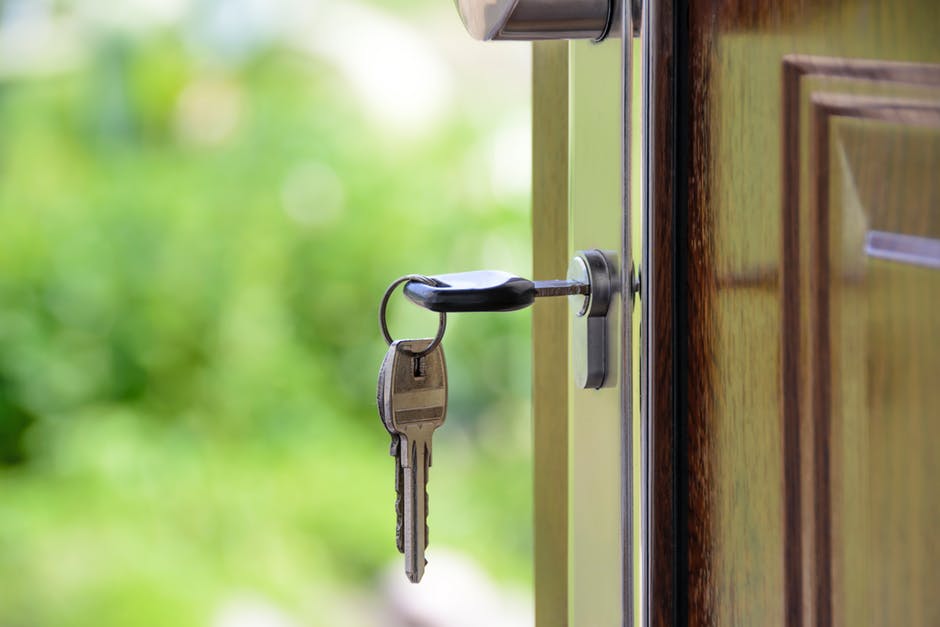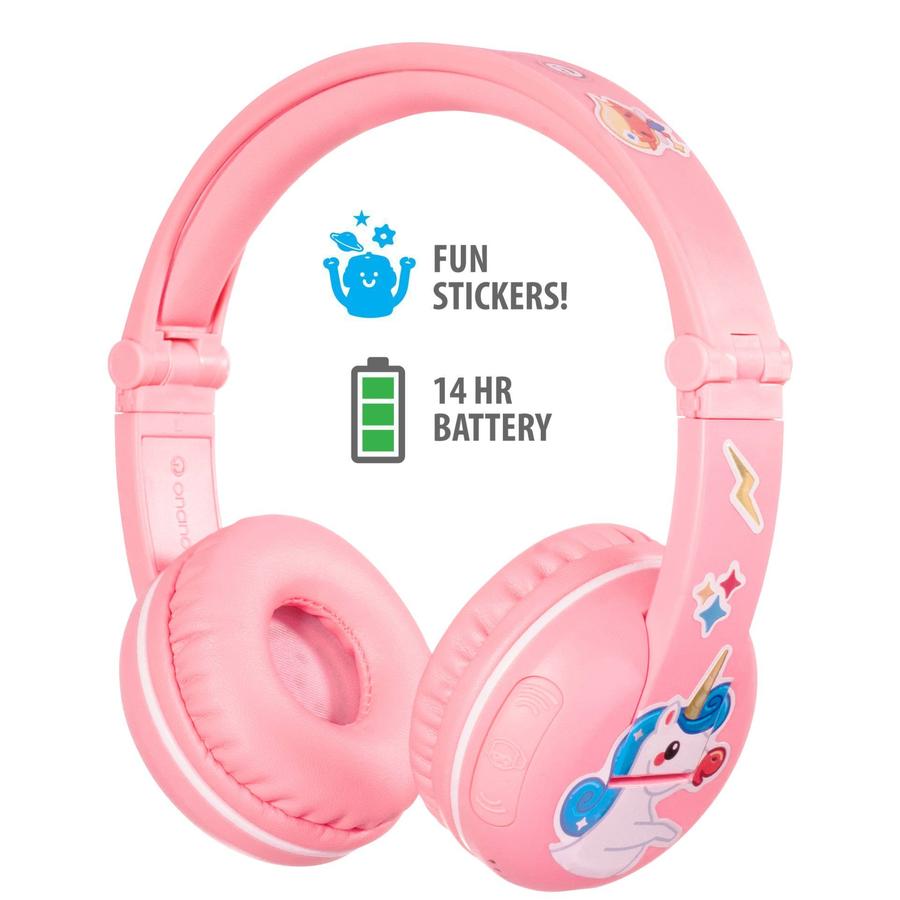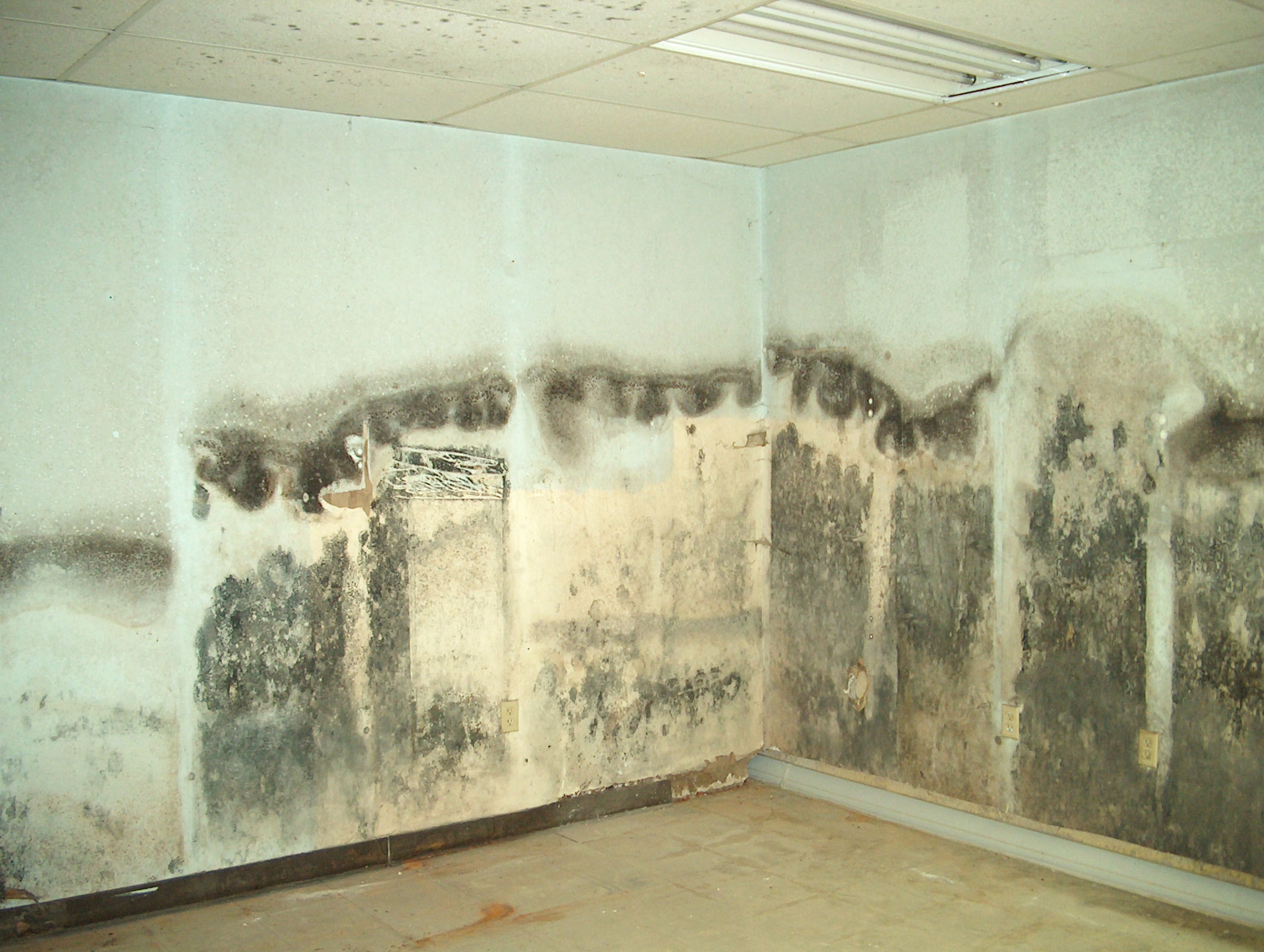
You want to always leave the house with a sense of peace knowing everything is in order even when you are away. Whether you’re off to work or embarking on a summer adventure to a faraway island, check this list of four safety tips before you step out of your home:
Make Sure You Have Your Keys
Your house keys are probably one of the most misplaced items you own. You don’t want to get locked out of your own home, so it’s best that you double-check that you got your keys with you at all times. A simple hack for making sure you do not forget your house keys is to keep them in one dedicated spot, like a decorative tray or bowl set in a place that’s accessible to you. Make it a habit to toss your key into this designated corner as soon as you get home so you’ll always know where to find it. Also this trick makes it easy for you to grab your keys and go when you’re rushing out the door. If worst case scenario comes that you really can’t remember where you last placed your keys, calling a locksmith or using some nifty lock picking tools will be your friend.
Turn Off the Plumbing
This tip will depend on how long you are staying out of the house and if you have any household appliances that require your plumbing system to be constantly turned on like automatic sprinklers. Otherwise if you are going out of town for a couple of days then you should turn off the main shut-off valve of your home’s plumbing because, among other things, water pressure could unexpectedly surge while you’re gone. You want to keep your water bill under control while you are gone. This will also ensure your different toilet fixtures from your sink to your high quality macerating toilet to be in tiptop condition when you get back. If you will be gone for a few months, request a friend or house-sitter to turn on the water at least once a month to prevent plumbing fixtures from drying up or cracking.
Make Sure Your Pets Are Taken Care Of
It can be quite tricky to go on extended vacations if you have a pet at home. Still you can make arrangements with friends or neighbors to help you care for your fur babies while you are gone. Ask a friend to watch over your pooch or feline in the meantime. You can either leave your pets at your friend’s house or ask the pet-sitter to drop by your home every day. Either way make sure you leave behind a good supply of dog food or cat food and any special vitamins your furry friend is taking. Also, make sure to leave the contact details of your pet’s vet so your friend can easily contact them in case of medical emergencies.
Put Your Mail and Print Subscriptions on Hold
This tip will also depend on how long you will be gone. If you will be out of the house for weeks then you should contact the post office and request them to hold your mail. Do the same for newspaper or any magazine subscriptions that you have. Doing this could save you money and prevent any important mail or packages from getting lost. Last but not the least, this will also keep deliveries from piling on the front door and making it apparent that you are out of the house which can be a very tempting sight for burglars.






















